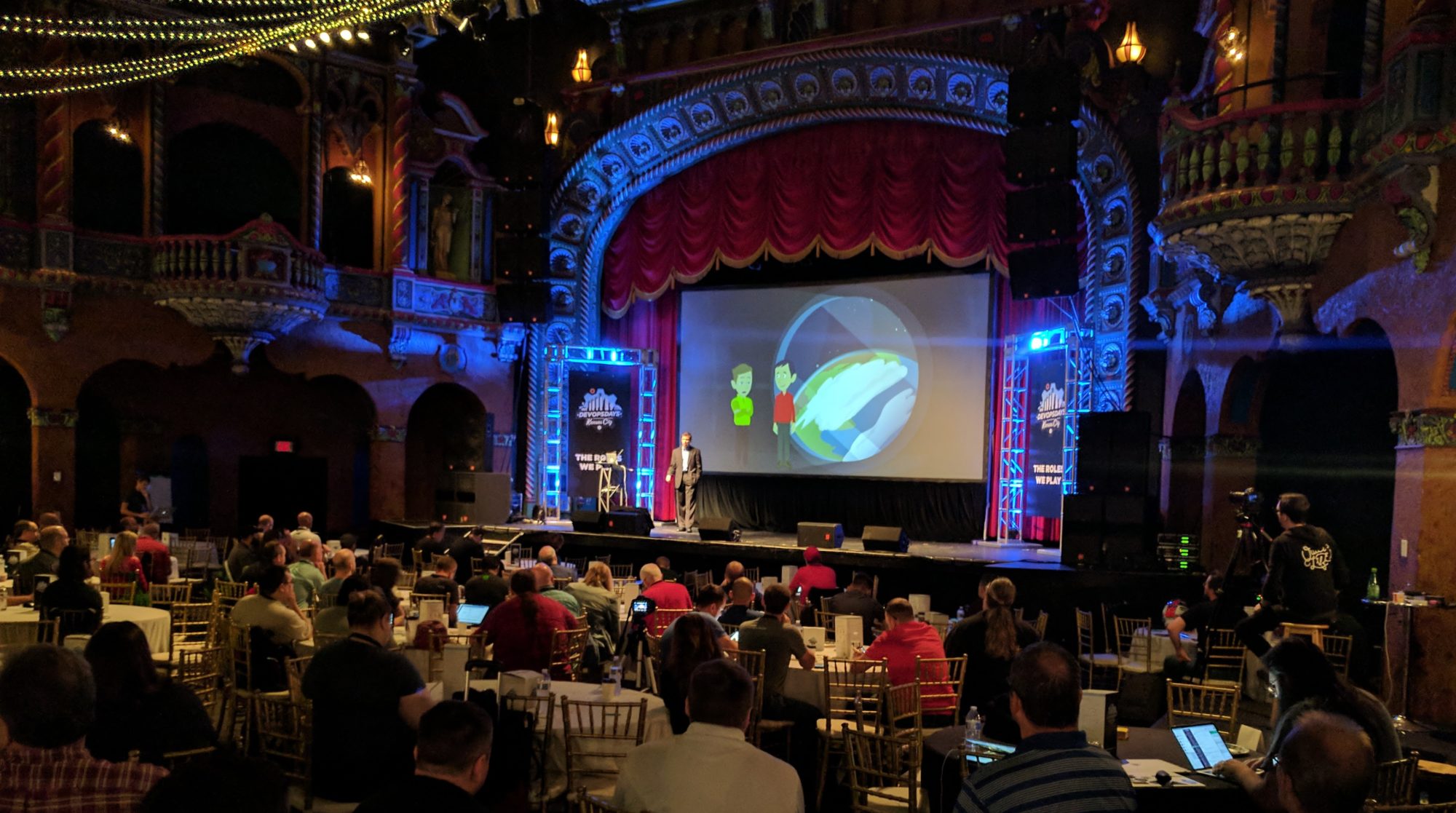Over the past 5 years I have ordered the following items from Amazon.com and received them for free:
My wife and use a credit card for most of our purchases. The credit card earns points that can be redeemed for merchandise at amazon.com, so every time we buy gas, groceries, pay for tuition, or go to the movies, we earn points that we can eventually redeem from Amazon. We keep track of our spending, and pay the entire bill at the end of each month, so it functions almost like a debit card and we don’t end up accumulating debt.
The card gives you 1% back. This doesn’t seem like very much, but over time it adds up. For example, lets say you have the following expenses each month:
- $600 – rent
- $200 – groceries
- $100 – gas and car maintenance
- $75 – entertainment
- $100 – car insurance
That comes to $1,175 each month or $14100 per year. With these types of expenses you end up getting $141 per year that you can spend on Amazon products. It may not seem like a lot but it adds up over time and the more expenses you have the more you can earn. Obviously I’m not suggesting that you increase your monthly spending to try to get points from Amazon, but if you have fixed expenses that you can pay with cash, credit card or check I’d suggest using a credit card that gives you some type of benefit.
With the current promotion that Amazon is running on their card, you get $20 worth of credit just for signing up. That puts you 20% of you way to an iPod Shuffle.
So why doesn’t the credit card company lose money through these types of promotions? They don’t lose money because American’s like to spend more than they have. If you pay your credit card off each month you never have to pay any interest. However the credit card companies know that many people won’t do that. They know that some people will just pay the minimum balance on the card. When people do this they are charged interest. This is how credit card companies make their money. They offer premiums (like a rebate at Amazon) to attract customers because they know that many of those customers will end up paying interest. By paying off your balance at the end of each month you get the benefits of the premium without paying anything extra.
Since we run as many of our expenses through the credit card as possible, we are able to track our finances using Microsoft Money or Quicken very easily to compare our expenses for each month. Every few days I download the charges over the internet. Then we go through and categorize them so we know what each charge is for. This helps us be wise in how we are spending our money and lets us spot trends and adjust our lifestyle accordingly.
When we have a large expense like tuition, a vehicle, remodeling the house, etc we usually don’t do it until we have the cash. But if at all possible we’ll pay for the expense with our credit card and pay off the balance at the end of the month. This basically give us a 1% rebate on whatever we spend and it adds up over time.
Amazon is promoting their card and they will give you 3% credit for purchases you made at amazon.com. Since they sell a lot more than books, this can be a very good way to quickly rack up points. We recently purchased our cell phones through amazon and last week we ordered a toaster oven that we had been needing. Since Amazon usually gives free shipping for orders over $25, we save money because their prices are often cheaper that what we can get locally and we don’t have to pay sales tax. With the additional 3% that you can apply to future purchases it can be a very good deal.
Credit cards can get you in a lot of trouble if you aren’t careful how you use them. But if you use them wisely you can find ways to creatively stretch your budget and do more.
You can learn more from this link: Amazon Credit Card
